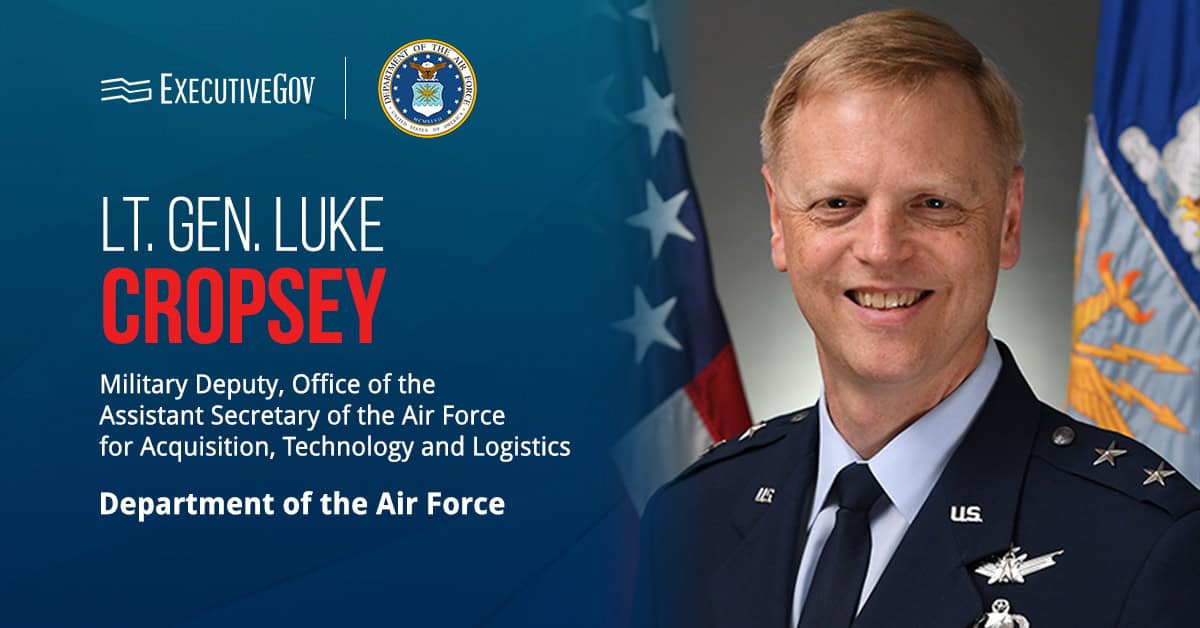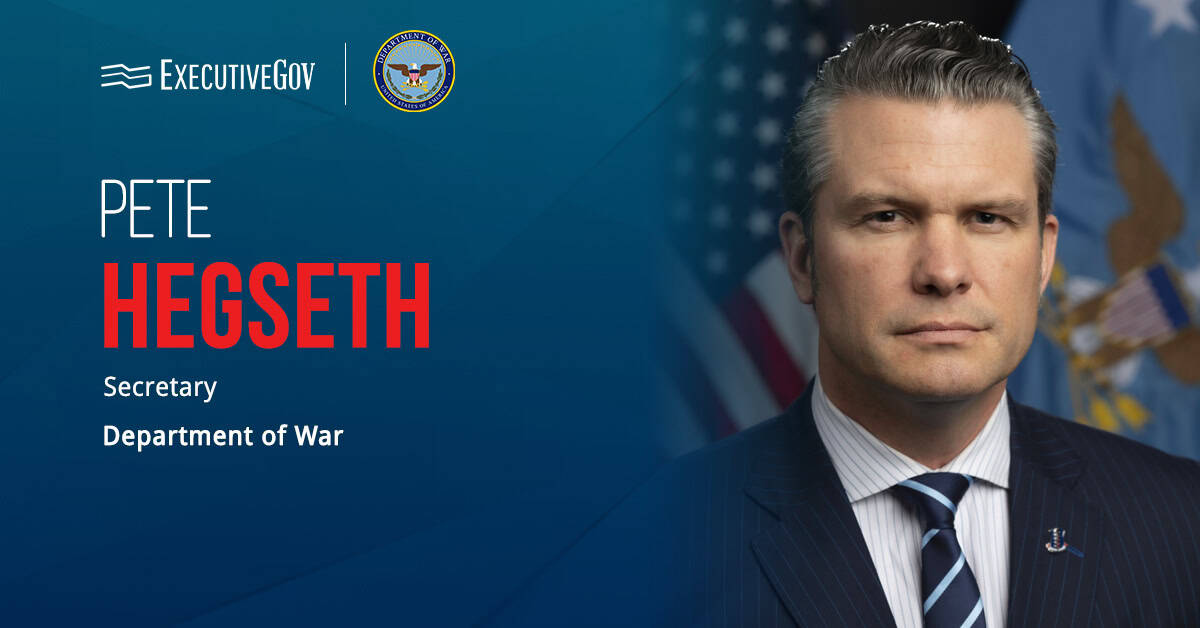
Lt. Gen. Robert Ferrell, the Army‘s chief information officer, has introduced a strategy that seeks to facilitate data exchanges on its network as the service branch moves to implement the Common Operating Environment.
The Army Data Strategy is based on the Defense Department’s Net-Centric Data Strategy that seeks to improve data access and interoperability across the department.
The document also describes key initiatives and goals of the strategy, including the Army Information Architecture, Army Authoritative Data Source, Army Data Governance process and information exchange specification rules.
Ferrell noted that the strategy also details a plan on how to adopt data management practices in an effort to accelerate decision-making processes and improve situational awareness.





